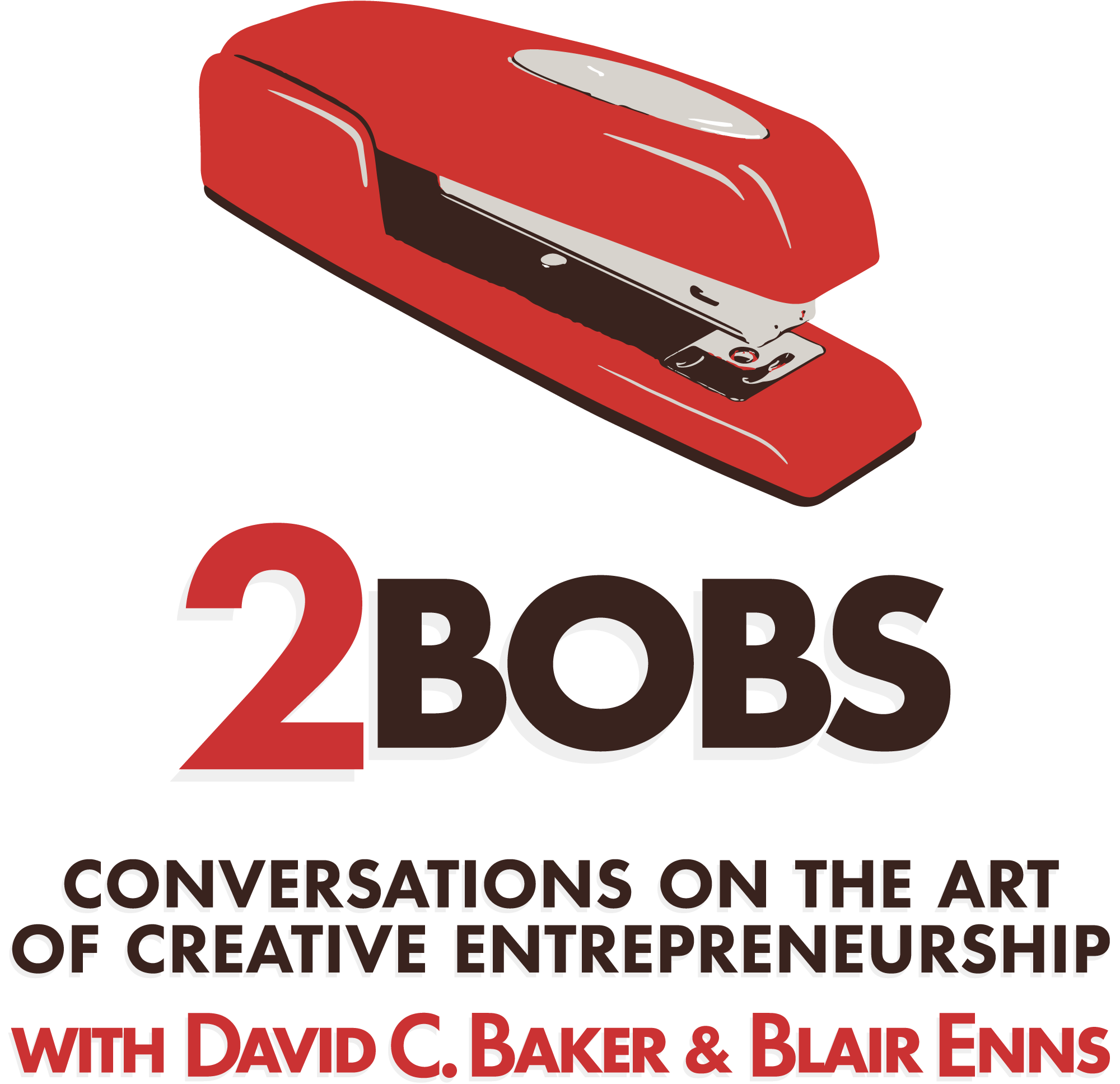Blair has five steps creative agency leaders can take to turn their account managers, project managers, developers, engineers, and advisors into a source of instant scale to their sales efforts.
Read MoreWhether you call yourself an advisor or consultant (or not), David has seven core ethical principles that should govern advisory work.
Read MoreThe fact that sales people tend to talk too much is nothing new, but Blair has observed in recent client work just how profound of an effect this pervasive problem has on sales outcomes.
Read MoreWhen it comes to qualifications for ideal clients, David doesn’t hear anyone talking about how agencies can benefit when the person across the table is someone who presses boundaries and ethically skirts the rules within their own organization.
Read MoreAs Blair is finishing his new book that drops later this year, he comes to the realization that pretty much everything he does comes down to the fundamental issue that experts think they need to show up as a different person during the sale: pitching, persuading, and convincing instead of as the leader their prospective clients need them to be.
Read MoreWhile discussing eight ways creative firms can do pro bono work better based on an article David wrote recently, both he and Blair discover a couple new profound insights together.
Read MoreBlair recognizes how a Confucius quote is really bad business advice, but is still moved by how a highly principled creative firm in New Zealand continues to thrive by prioritizing their creative practices and client fit over new business strategy.
Read MoreDavid frequently gets hired to help resolve issues at firms between multiple principles when it comes to who does what and how much each should get paid, so he’s come up with a 7-point framework he can use in each unique scenario.
Read MoreDavid interviews Blair about his recent article in which he takes a lesson from investing with compound interest to understand the increasing returns we can receive from our relentless pursuit of knowledge over time.
Read MoreDavid looks at the current data and weighs all the pros and cons of continuing to have staff who work from home in our post-pandemic economy, which makes Blair wonder if he would even survive if he was starting out in his profession today.
Read MoreBlair sees too many creative firms talking at prospective clients using sales scripts instead of having a series of wide ranging conversations on their unique issues and objectives that set the tone for the potential long-term engagement.
Read MoreBlair’s latest obsession is bounded rationality, in which he sees too many creative firms failing to make “rational” decisions because they choose to bind their businesses with outdated and overly-constraining ideals like the 80/20 principle.
Read MoreDavid shares his thoughts on some bad advice he hears involving the focus on pursuing personal passions in business.
Read MoreBlair weighs in on this year's Forrester report, which shows the ridiculous amount of money agencies have been wasting on pitches.
Read MoreDavid addresses another frequently asked question, looking at what creative firms should budget in terms of both money and time for their website, SaaS/automation, PR, content creation, and social media.
Read MoreBlair identifies the differences between the ethics of selling expertise and the three schools of bargaining ethics, and what happens when we don’t adapt our bargaining approach to match our opponents in the game of negotiation.
Read MoreIn an era of rapid turnover and remote working arrangements, developing a structured onboarding process for new staff is more important than ever. David has a checklist to help agencies get their new employees up to speed as quickly as possible.
Read MoreBlair sees non-standard payment terms as a two-sided issue, where agencies should be creatively leveraging terms more to their own benefit as opposed to just defending themselves against procurement departments who impose onerous terms.
Read More







